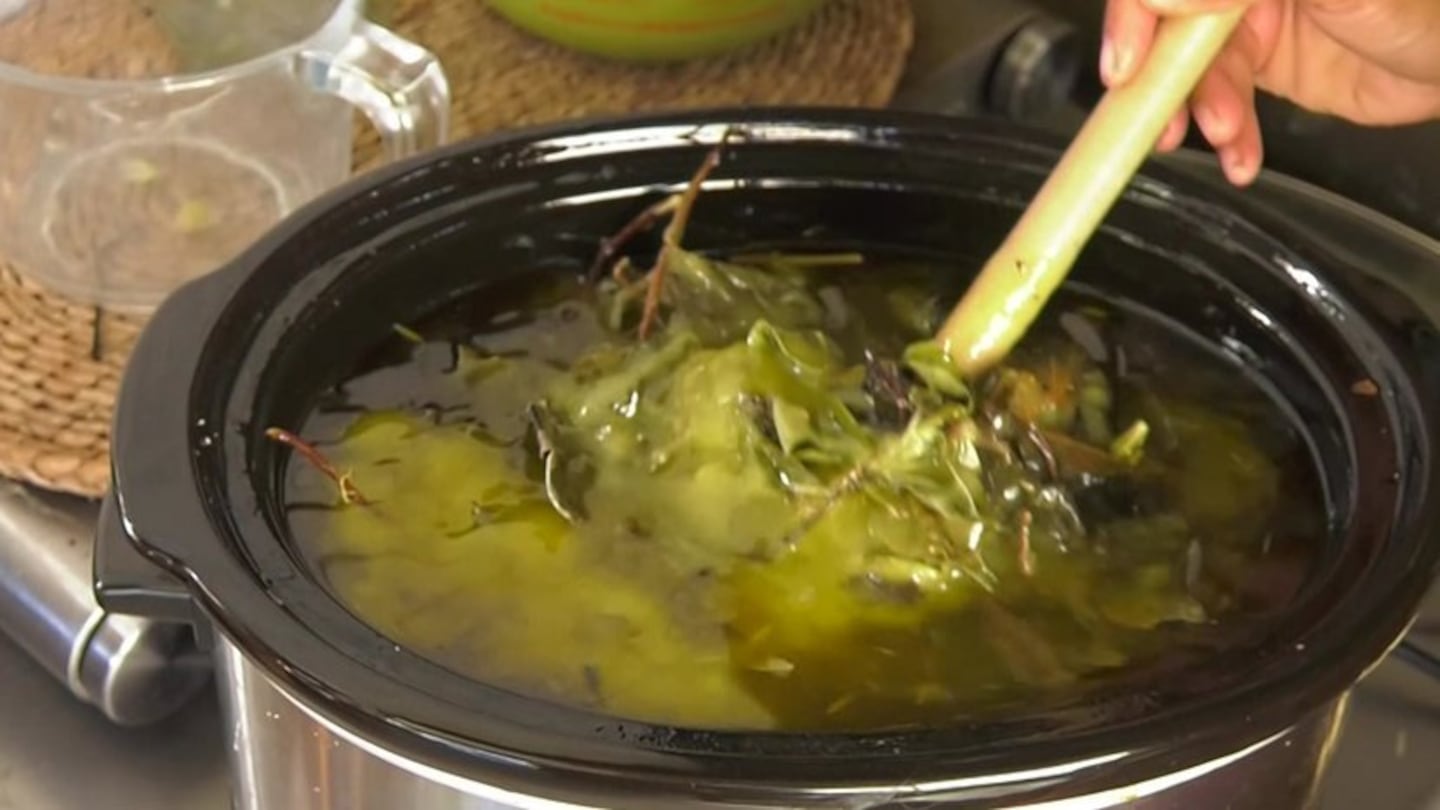Rongoā Māori practitioners have welcomed changes to the Therapeutic Products Bill that will see practitioners and small-scale natural health product manufacturers exempt from regulations.
Wellington-based rongoā Māori practitioner Renee MacDonald-Cooke says it was relieving to hear the changes to the bill as it means she can continue with her work both as a practitioner of rongoā Māori and with the Salvation Army's Bridge programme helping people overcome addictions.
"The big thing around my practice is that because I've learned about it, I've experienced it, and I'm a living and breathing result of rongoā Māori and how it can benefit your life and how I can share that with others.
"I put forward a proposal about us being able to utilise rongoā within this space. And the national office said no. A lot of that kōrero was based on the Therapeutics Bill."
She says the changes mean she can concentrate on her work without the fear of red tape bearing down on her and getting help to those who desperately need it.
"That's a win-win situation."
Health Minister Ayesha Verrall said the changes announced on Tuesday are an acknowledgement that the original bill went too far.
"For example, particular concerns were raised that the regulatory regime for natural health products (NHPs) wasn’t risk proportionate, and the costs may drive small producers of NHPs out of business.
“A number of NHP producers operate out of their homes and produce only a small quantity of goods. These are often sold locally, for example at farmers’ markets.
“The bill is intended to support product safety but regulation needs to be proportionate to risk. While NHPs aren’t risk-free, I’m comfortable the evidence available suggests these products don’t pose a significant public health risk."
Tino rangatiratanga remains
Associate Health Minister (Māori) Peeni Henare says the changes will also see Māori retain determination over what rongoā means and who is a rongoā practitioner.
“I rongo mātou. We have listened to what Māori have told us. It is now proposed that in most cases the government will not regulate rongoā in the new regulatory system. That means whānau will continue to use and manage rongoā just as they have for generations.
“We are serious about protecting rongoā and rongoā practitioners. Proposed changes to the bill will also ensure rongoā activities and services operating from marae continue as usual.”
The cases in which regulation will apply to rongoā Māori is when products are made for commercial wholesale or commercial export. Most rongoā practitioners do not operate in this way so the change will not affect their day-to-day practice, Henare says.
“It is important for the Crown to ensure mātanga rongoā can access the export market if they choose to and protect rongoā from those that might abuse it. For example, people who aren’t practitioners may try to market a product as rongoā which is not recognised or endorsed by mātanga rongoā, and in so doing, cause harm to rongoā and mātauranga Māori,” Henare said.
The government will establish an advisory committee of rongoā experts and Māori health leaders to implement the new provisions in the Bill. Members will be appointed by the Minister of Health, Associate Minister of Health (Māori) and Minister for Māori Development, in consultation with other ministers and health agencies.
While the exemption from regulations has freed MacDonald-Cooke from bureaucracy, she says a committee to oversee rongoā Māori is a necessity to protect the integrity of the practice and mātauranga Māori.
"I believe if we can put the right people in those positions, it will be very beneficial for practitioners to feel supported. Because those people sitting on that board are our voice, so it's important we have this advisory board.
"We have a lot of people on social media taking this essence and mauri and the trueness and the appropriateness of rongoā Māori and really bastardising it. People are drastically exporting overseas without any care and it's just about money. That's why it is important to have these committees and these people to make sure we're not having people taking what is ours and exporting overseas where it becomes all about money."
Power of the people
Māori Party co-leader Debbie Ngarewa-Packer is relieved the government has listened to the concerns and demands of rongoā practitioners and supporters.
“Te Pāti Māori has opposed the inclusion of rongoā in the legislation from day one. Bringing it into Pākehā law would criminalise our rongoā practitioners and tohunga, just as the Crown did with the Tohunga Suppression Act” she said.
“Rongoā Māori is a Tiriti-protected taonga that must be protected from Crown interference.
“It’s good to see the minister has finally caved into the demands of our people, exempting our rongoā practitioners from the act,” she said.
Ngarewa-Packer and Verrall acknowledged the thousands of submitters, petitioners, and protesters who marched on Parliament grounds to voice their opposition to the original bill.
The feedback received by the committee has shaped the changes we are proposing and will ensure the legislation is robust and fit for the future,” Verrall said.
“This would not have happened without the people,” Ngarewa-Packer said




